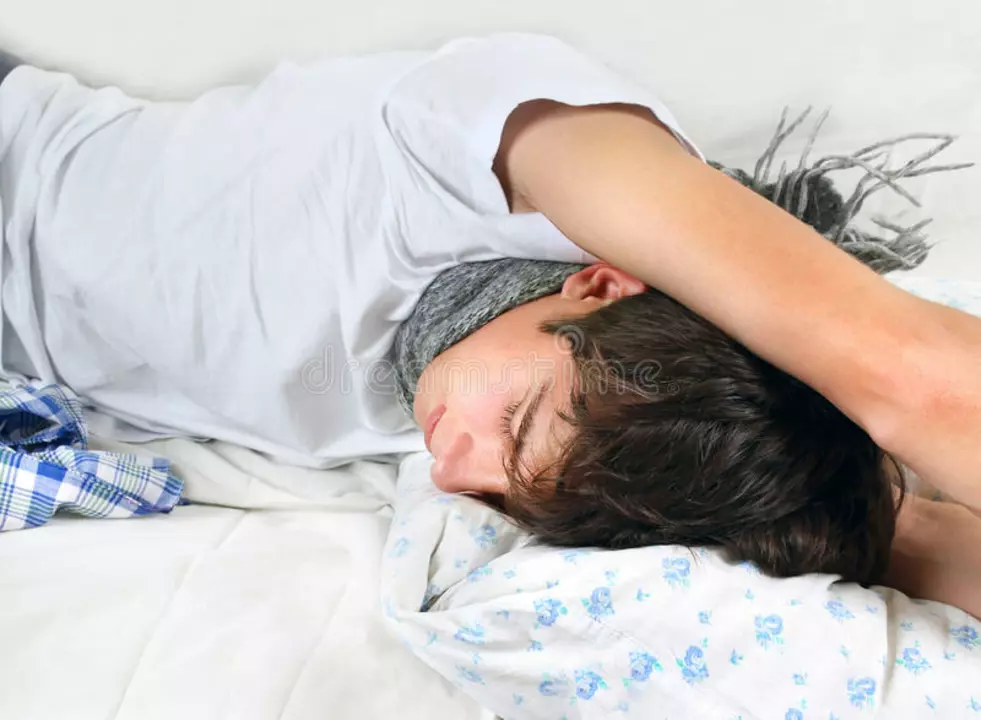Sleep: Simple fixes and safe ways to sleep better
Can’t fall asleep or wake up tired? You’re not alone. Small, focused changes often make the biggest difference. Below are clear, practical steps you can try tonight, plus straight talk about sleep medicines and when to ask for professional help.
Quick sleep fixes that actually work
Keep a consistent wake-up time, even on weekends. Your body’s clock responds to regular timing more than to how long you try to sleep. Give yourself a 30–60 minute wind-down before bed: dim lights, stop screens, and do something calm—read, stretch or journal one line about the day.
Make the bedroom cool, dark, and quiet. Use blackout curtains, earplugs, or a white-noise app if needed. Limit caffeine to the morning and avoid heavy meals within two hours of bed. If you nap, keep it short (15–30 minutes) and before mid-afternoon so it doesn’t wreck your night.
Move during the day. A 20–30 minute walk or light workout improves sleep pressure and helps you fall asleep faster. But avoid intense exercise right before bed—aim to finish vigorous activity at least 2–3 hours earlier.
When meds or a doctor can help
Over-the-counter sleep aids and common prescriptions can help short-term, but they’re not a cure. Antihistamines like promethazine (Phenergan) make people drowsy, but they can cause daytime grogginess and aren’t great for older adults because of anticholinergic effects. Benzodiazepines and drugs like diazepam work fast but carry risks of dependency and memory problems. Melatonin helps some people whose sleep timing is off, like shift workers or jet-lagged travelers.
If you’re considering medication, talk to your doctor about interactions with your other meds. For example, combining sedatives with alcohol or some antidepressants can be dangerous. Keep prescriptions short-term when possible and review long-term use regularly with your clinician.
If you have loud snoring, gasping at night, or daytime sleepiness despite long sleep, ask for a sleep study—sleep apnea is common and treatable. If insomnia lasts more than a month, cognitive behavioral therapy for insomnia (CBT-I) works better long-term than pills and is widely recommended.
Try one or two changes at a time so you can tell what helps. Track sleep with a simple notebook: bedtime, wake time, caffeine, naps, and how you felt in the morning. That makes it easier to spot patterns and explain things to your doctor if you need more help.
Sleep doesn’t have to be a mystery. Tweak your routine, watch meds, and ask for professional help when things don’t improve. Small steps add up to better nights and brighter days.
The role of sleep and rest in managing dizziness caused by motion sickness
In my recent research on managing motion sickness, I discovered the crucial role sleep and rest play in alleviating dizziness. A good night's sleep before traveling can significantly reduce the chances of experiencing motion sickness. Additionally, taking short naps or closing your eyes during the journey can help your body to better cope with the symptoms. Prioritizing rest stops during long trips is also essential to prevent exhaustion, which can exacerbate dizziness. Overall, incorporating sleep and rest into our travel plans can make a huge difference in managing motion sickness and enjoying our journeys more comfortably.





